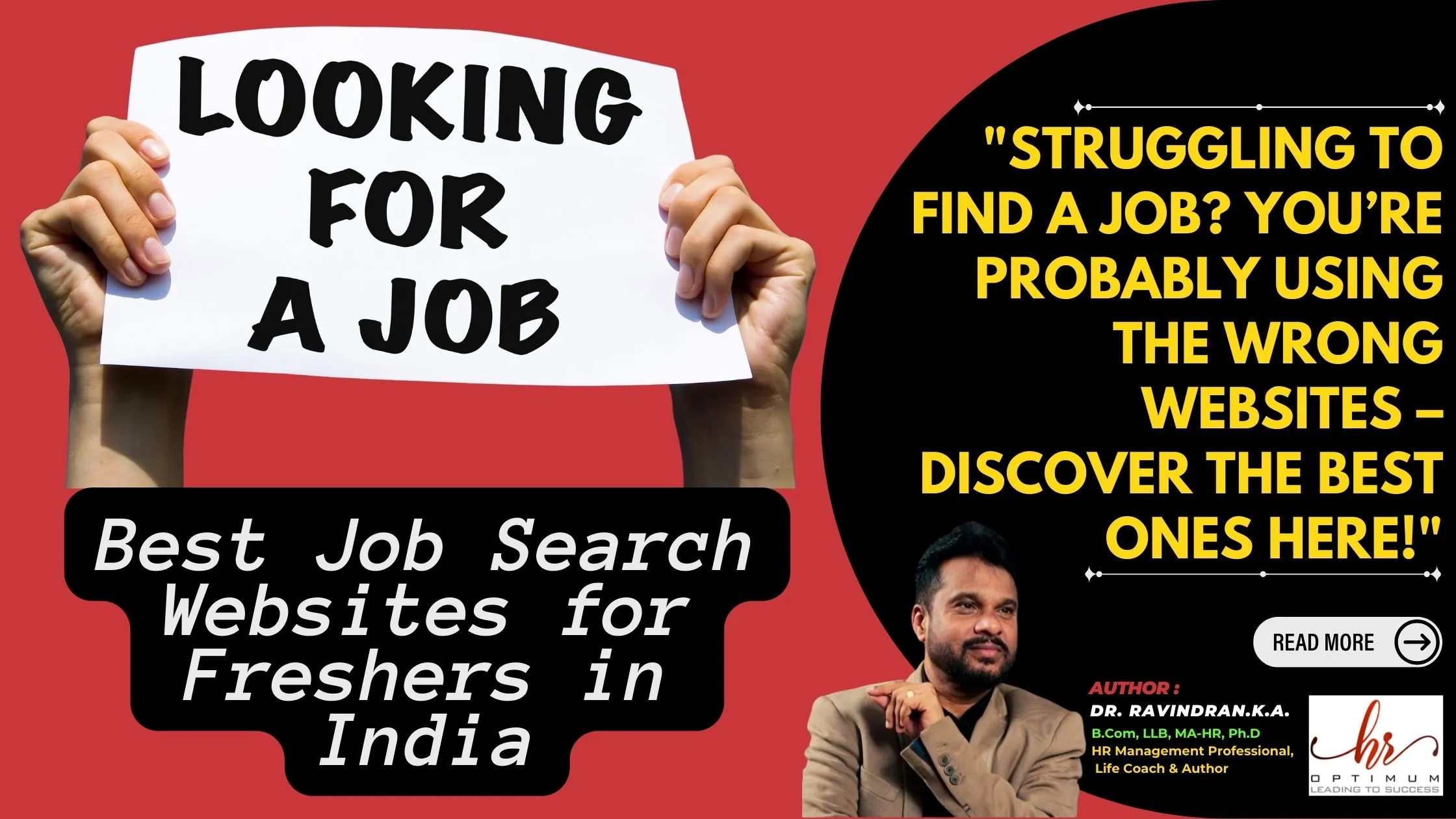Introduction: Employee Value Proposition
In today’s competitive job market, attracting and retaining top talent is crucial for business success. An effective Employee Value Proposition (EVP) can be the key to differentiating your company and enticing the best candidates to join your team. But what sets a compelling EVP apart from the rest? How can you ensure your organization stands out as the employer of choice for top-tier talent?
Thank you for reading this post, don't forget to subscribe!This article will explore the importance of a strong EVP, provide strategies for crafting a compelling one, and share best practices for communicating it effectively to both current and potential employees. By the end, you’ll have a deeper understanding of how to leverage your EVP to drive talent attraction, employer branding, employee engagement, and talent retention.
Key Takeaways

– A strong Employee Value Proposition (EVP) is crucial for attracting and retaining top talent in today’s competitive job market.
– An effective EVP communicates the unique benefits, rewards, and experiences an organization offers to its employees.
– Aligning your EVP with your company culture and values is essential for authenticity and appeal.
– Identifying your organization’s unique selling points and gathering employee feedback are key steps in crafting a compelling EVP.
– Effective employer branding and strategic social media promotion are essential for communicating your EVP to potential candidates.
– Continuously benchmarking and refining your EVP ensures it remains relevant and appealing to your target talent pool.
Understanding the Employee Value Proposition (EVP)
At the heart of any successful talent acquisition strategy lies the Employee Value Proposition (EVP). This concept is defined as a clear and compelling statement that communicates the unique benefits, rewards, and experiences an organization offers to its employees. A well-defined EVP is essential for talent acquisition, as it helps differentiate your company from competitors and attracts the right candidates who align with your organizational culture and values.
What is an Employee Value Proposition?
An employee value proposition definition encompasses the core reasons why individuals would want to work for your organization. It goes beyond just compensation and benefits, encompassing the entire employee experience, from the work environment and growth opportunities to the company’s mission and values.
Importance of EVP in Talent Acquisition
A strong talent acquisition strategy relies heavily on a well-crafted EVP. By clearly articulating the value you provide to employees, you can effectively differentiate your company from competitors and attract the top talent that aligns with your organizational culture. An impactful EVP helps job seekers understand what makes your company unique and why they should consider joining your team.
Components of an Effective EVP
The key components of an effective EVP typically include:
- Competitive compensation and benefits
- Opportunities for professional development and career growth
- Emphasis on work-life balance and employee well-being
- Engaging and rewarding work experiences
- Alignment with the company’s mission, vision, and values
By thoughtfully crafting and communicating these elements, you can create a compelling EVP that resonates with your target talent pool and sets your organization apart in the job market.
Crafting a Compelling EVP Strategy
Developing a successful EVP strategy requires a deep understanding of your company’s culture, values, and the unique aspects that set you apart from other employers. Start by aligning your EVP with your organization’s mission, vision, and core principles to ensure authenticity.
Aligning EVP with Company Culture
By aligning your EVP with company culture, you can create a more genuine and appealing offering for both current and prospective employees. Ensure that your EVP reflects the true essence of your organization, highlighting the values, beliefs, and experiences that define your unique workplace environment.
Identifying Unique Selling Points
Next, it’s crucial to identify your unique selling points – the aspects of your organization that truly set you apart from the competition. These could include your industry reputation, innovative products or services, or exceptional employee benefits and perks.
Gathering Employee Feedback
Gather feedback from current employees to understand their perceptions of the organization and what they value most. This valuable employee feedback will help shape a more authentic and appealing EVP that resonates with your target talent pool.
Employer Branding and EVP
Effective employer branding is crucial for communicating your employee value proposition (EVP) to both current and potential employees. Leverage your brand’s visual identity, messaging, and digital presence to showcase the unique value you offer as an employer. By aligning your employer branding strategies with your EVP, you can create a cohesive and compelling narrative that resonates with your target talent pool.
Communicating EVP through Employer Branding
Ensure that your EVP communication is seamlessly integrated into your overall employer branding efforts. Utilize your company’s website, recruitment materials, and social media channels to highlight the key elements of your EVP, such as competitive compensation, exceptional benefits, opportunities for professional growth, and a vibrant company culture. Craft a consistent brand message that emphasizes the unique value proposition you offer to employees.
Leveraging Social Media for EVP Promotion
In today’s digital landscape, social media has emerged as a powerful platform for promoting your EVP to a wider audience of potential candidates. Leverage platforms like LinkedIn, Facebook, and Instagram to share employee testimonials, showcase your company culture, and highlight the tangible benefits of working for your organization. By leveraging social media EVP promotion strategies, you can effectively reach and engage with your target talent pool, ultimately positioning your organization as an employer of choice.
Successful EVP Examples and Best Practices
To truly understand the power of an effective Employee Value Proposition (EVP), we can look to industry leaders who have mastered the art of attracting and retaining top talent. Companies like Google, Salesforce, and Southwest Airlines have developed compelling EVPs that resonate with their target candidates and foster a strong sense of employee engagement.
Top Companies with Outstanding EVPs
Google, renowned for its innovative products and employee-centric culture, has crafted an EVP that highlights the company’s commitment to work-life balance, professional development, and the opportunity to work on cutting-edge technologies. Salesforce, a leading customer relationship management (CRM) software provider, has an EVP that emphasizes its mission-driven culture, impressive benefits, and the chance to make a positive impact on the world. Similarly, Southwest Airlines, known for its exceptional customer service, has an EVP that showcases its fun and collaborative work environment, generous perks, and the ability to grow within the organization.
EVP Benchmarking and Continuous Improvement
To ensure your EVP remains relevant and appealing to your target talent pool, it’s essential to regularly benchmark it against industry leaders and best practices. Analyze the key components of these outstanding EVPs, such as aligning them with core values, highlighting unique employee benefits, and promoting a strong company culture. Use this information to continuously refine and enhance your own EVP, making it more compelling and tailored to the needs and aspirations of your current and potential employees.
FAQ
What is an Employee Value Proposition (EVP)?
An Employee Value Proposition (EVP) is a clear and compelling statement that communicates the unique benefits, rewards, and experiences an organization offers to its employees.
Why is EVP important for talent acquisition?
A well-defined EVP is essential for talent acquisition, as it helps differentiate your company from competitors and attracts the right candidates who align with your organizational culture and values.
What are the key components of an effective EVP?
The key components of an effective EVP typically include compensation, benefits, work-life balance, professional development opportunities, and the overall employee experience.
How can I align my EVP with my company culture?
Developing a successful EVP strategy requires aligning your EVP with your organization’s mission, vision, and core principles to ensure authenticity.
How can I identify my company’s unique selling points for the EVP?
Identify your unique selling points, such as your industry reputation, innovative products or services, or exceptional employee benefits.
How can I gather feedback from employees to shape my EVP?
Gather feedback from current employees to understand their perceptions of the organization and what they value most, as this will help shape a more authentic and appealing EVP.
How can I effectively communicate my EVP through employer branding?
Leverage your brand’s visual identity, messaging, and digital presence to showcase the unique value you offer as an employer, and utilize social media platforms to share employee testimonials, highlight company culture, and promote your EVP.
What are some examples of companies with outstanding EVPs?
Organizations such as Google, Salesforce, and Southwest Airlines have developed compelling EVPs that resonate with their target candidates.
How can I benchmark my EVP against industry leaders?
Analyze the EVPs of industry-leading companies to identify best practices, and regularly benchmark your EVP against these examples to ensure it remains relevant and appealing to your target talent pool.
 hroptimum
hroptimum



